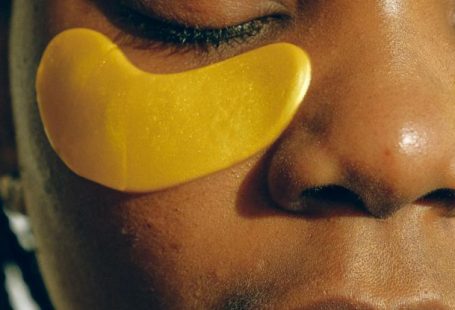A good night’s sleep is often touted as a crucial component of a healthy lifestyle, but its impact on fitness and workout results is sometimes overlooked. The relationship between sleep and exercise is a powerful one, with sleep quality and quantity playing a significant role in how effectively our bodies respond to physical activity. Here, we delve into the connection between sleep and workout results, shedding light on why catching those Zzz’s is just as important as hitting the gym.
The Importance of Restorative Sleep
Quality sleep is essential for overall health and well-being, but its influence on workout results goes beyond just feeling well-rested. When we sleep, our bodies undergo a process of repair and recovery, crucial for muscle growth and repair. During deep sleep stages, the body releases growth hormone, which aids in muscle development, tissue repair, and overall recovery from physical exertion.
Insufficient sleep disrupts this process, hindering the body’s ability to repair and build muscle effectively. This can lead to decreased strength gains, slower muscle recovery, and overall reduced performance during workouts. Inadequate sleep also affects cognitive function, mood, and motivation, all of which can impact your workout intensity and focus.
Sleep and Exercise Performance
The relationship between sleep and exercise performance is a tightly knit one. Studies have shown that sleep deprivation can impair physical performance, leading to decreased endurance, strength, and coordination. Lack of sleep not only affects our physical capabilities but also our mental sharpness and decision-making abilities during workouts.
When you’re sleep-deprived, your body struggles to regulate energy levels efficiently, leading to fatigue and reduced stamina. This can result in shorter workout durations, lower intensity levels, and a decreased ability to push yourself to your limits. Additionally, poor sleep can affect your coordination and balance, increasing the risk of injury during exercise.
Recovery and Muscle Growth
One of the most critical aspects of fitness progress is the body’s ability to recover and adapt to the stress of exercise. Sleep plays a pivotal role in this process, as it is during rest that the body repairs and strengthens muscle tissue, allowing for growth and improved performance. Without adequate sleep, the body’s ability to recover from workouts is compromised, leading to slower progress and potential muscle loss.
Moreover, sleep deprivation can elevate levels of cortisol, a stress hormone that can break down muscle tissue and inhibit muscle growth. This hormonal imbalance can counteract the effects of exercise, hindering your efforts to build strength and endurance. To maximize muscle growth and recovery, prioritizing sleep is essential.
The Impact of Sleep on Weight Management
In addition to its effects on exercise performance and muscle growth, sleep also plays a crucial role in weight management. Lack of sleep disrupts the body’s hunger-regulating hormones, leading to increased appetite and cravings for high-calorie foods. This can sabotage your efforts to maintain a healthy diet and reach your fitness goals.
Furthermore, sleep deprivation can alter the body’s metabolism, making it harder to burn calories efficiently. When you’re sleep-deprived, your body may store more fat and burn fewer calories, making weight loss or maintenance more challenging. By prioritizing quality sleep, you can support your weight management efforts and optimize your workout results.
Optimizing Your Sleep for Better Workout Results
To maximize the benefits of sleep on your workout results, prioritize quality and quantity. Aim for 7-9 hours of uninterrupted sleep each night, creating a consistent bedtime routine to signal to your body that it’s time to rest. Create a sleep-conducive environment by keeping your bedroom cool, dark, and quiet, and limit screen time before bed to reduce exposure to blue light, which can disrupt your sleep cycle.
Additionally, practicing relaxation techniques such as deep breathing, meditation, or gentle stretching before bed can help calm your mind and prepare your body for sleep. Avoid stimulants like caffeine and vigorous exercise close to bedtime, as these can interfere with your ability to fall asleep. By making sleep a priority and establishing healthy sleep habits, you can enhance your workout results and overall fitness progress.
In conclusion, the impact of sleep on workout results is profound, influencing everything from exercise performance and muscle growth to weight management and recovery. By recognizing the role that sleep plays in optimizing your fitness efforts, you can harness its power to achieve better results in the gym and beyond. Prioritize restorative sleep as an integral part of your fitness routine, and watch as your workout performance and progress soar to new heights.





